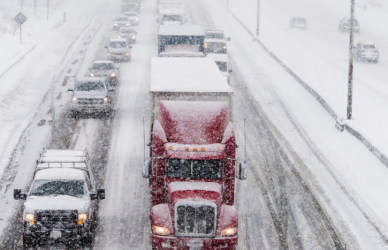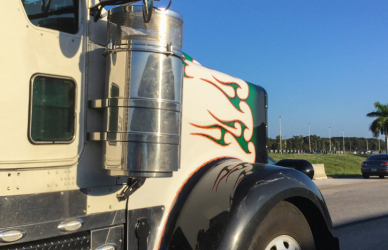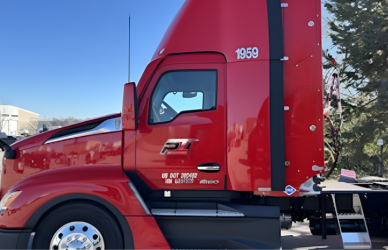Ensuring cargo safety on the road is crucial for preventing accidents and maintaining public safety. But who holds the responsibility for securing these loads? In short, truck drivers carry a significant share of this duty. Here’s an in-depth exploration of this issue.
Legal Obligations
In the U.S., the Federal Motor Carrier Safety Administration (FMCSA) mandates that truck drivers must secure their cargo before commencing a trip. According to FMCSA Rule 393.100, drivers are required to make sure that their loads are adequately secured to prevent them from shifting or falling, which could create road hazards. Regular checks during transit are also necessary to keep cargo secure.
Drivers cannot solely depend on others, such as shippers or loaders; they must take personal accountability for ensuring everything is securely fastened before hitting the road.
Safety Concerns
Securing a load is not just a matter of compliance, but a vital safety practice. Improperly fastened loads can lead to dangerous incidents like rollovers or debris falling onto the road. If an unsecured load results in an accident, both the driver and their employer may face legal action, including fines or lawsuits.
In cases where a load shifts and causes a truck to overturn, investigations often show that the driver didn’t perform sufficient safety checks. This can lead to legal issues, insurance problems, and potential job loss for the driver.
Training and Best Practices
To secure their CDL, truck drivers must be trained in load securing methods. Key practices include:
- Pre-trip inspections: Verify that all cargo is properly secured before departure.
- Regular monitoring: Recheck the load at rest stops to ensure it hasn’t moved.
- Appropriate equipment: Use safety-approved tie-downs, straps, and chains suited for the cargo type.
Role of Employers and Shippers
While drivers are chiefly responsible, shippers and employers also contribute to load security. Shippers may be required to load cargo safely, but drivers must still verify its security.
A driver’s failure to inspect a load, even if handled by a shipper, doesn’t free them from responsibility. Effective collaboration between drivers and shippers is essential for ensuring road safety.
Truck drivers are fundamentally responsible for securing cargo. This is a legal requirement, and neglecting this duty can have grave repercussions for everyone involved. Regular inspections, comprehensive training, and open communication with shippers are vital for maintaining secure cargo transport.











